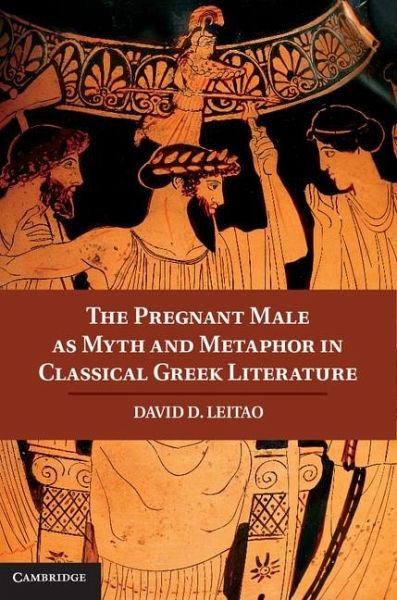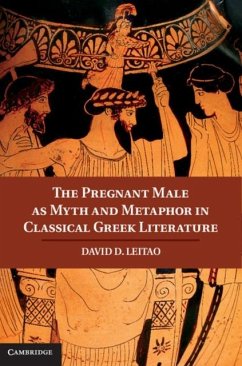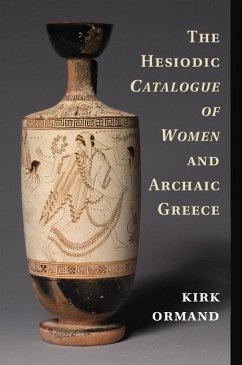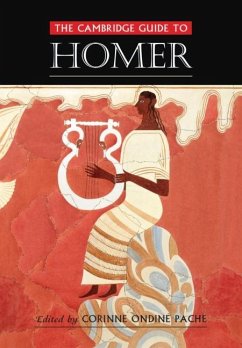
Pregnant Male as Myth and Metaphor in Classical Greek Literature (eBook, ePUB)

PAYBACK Punkte
14 °P sammeln!
This book traces the image of the pregnant male in Greek literature as it evolved over the course of the classical period. The image - as deployed in myth and in metaphor - originated as a representation of paternity and, by extension, 'authorship' of ideas, works of art, legislation, and the like. Only later, with its reception in philosophy in the early fourth century, did it also become a way to figure and negotiate the boundary between the sexes. The book considers a number of important moments in the evolution of the image: the masculinist embryological theory of Anaxagoras of Clazomenae ...
This book traces the image of the pregnant male in Greek literature as it evolved over the course of the classical period. The image - as deployed in myth and in metaphor - originated as a representation of paternity and, by extension, 'authorship' of ideas, works of art, legislation, and the like. Only later, with its reception in philosophy in the early fourth century, did it also become a way to figure and negotiate the boundary between the sexes. The book considers a number of important moments in the evolution of the image: the masculinist embryological theory of Anaxagoras of Clazomenae and other fifth century pre-Socratics; literary representations of the birth of Dionysus; the origin and functions of pregnancy as a metaphor in tragedy, comedy and works of some Sophists; and finally the redeployment of some of these myths and metaphors in Aristophanes' Assemblywomen and in Plato's Symposium and Theaetetus.
Dieser Download kann aus rechtlichen Gründen nur mit Rechnungsadresse in A, B, BG, CY, CZ, D, DK, EW, E, FIN, F, GR, HR, H, IRL, I, LT, L, LR, M, NL, PL, P, R, S, SLO, SK ausgeliefert werden.













